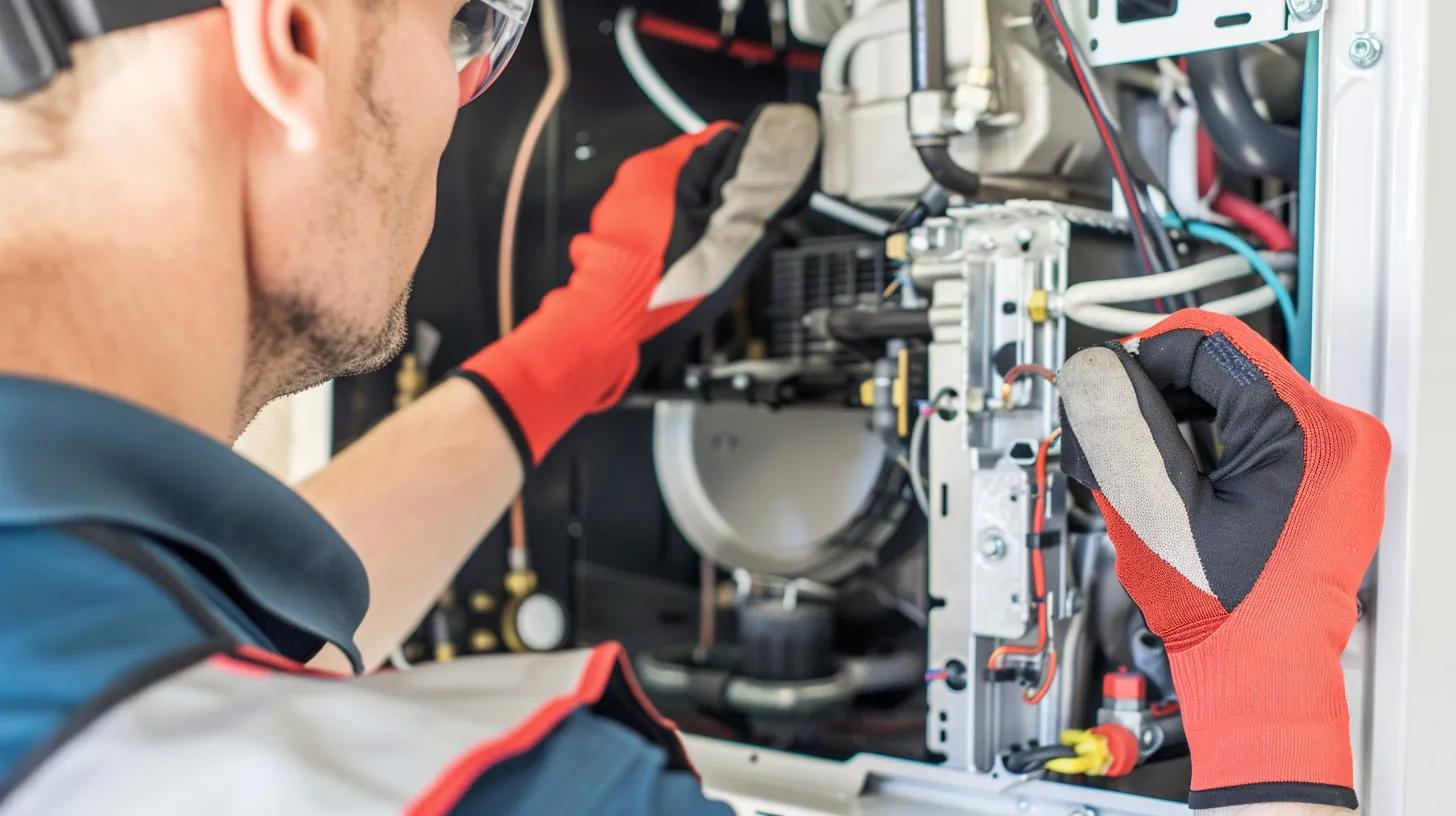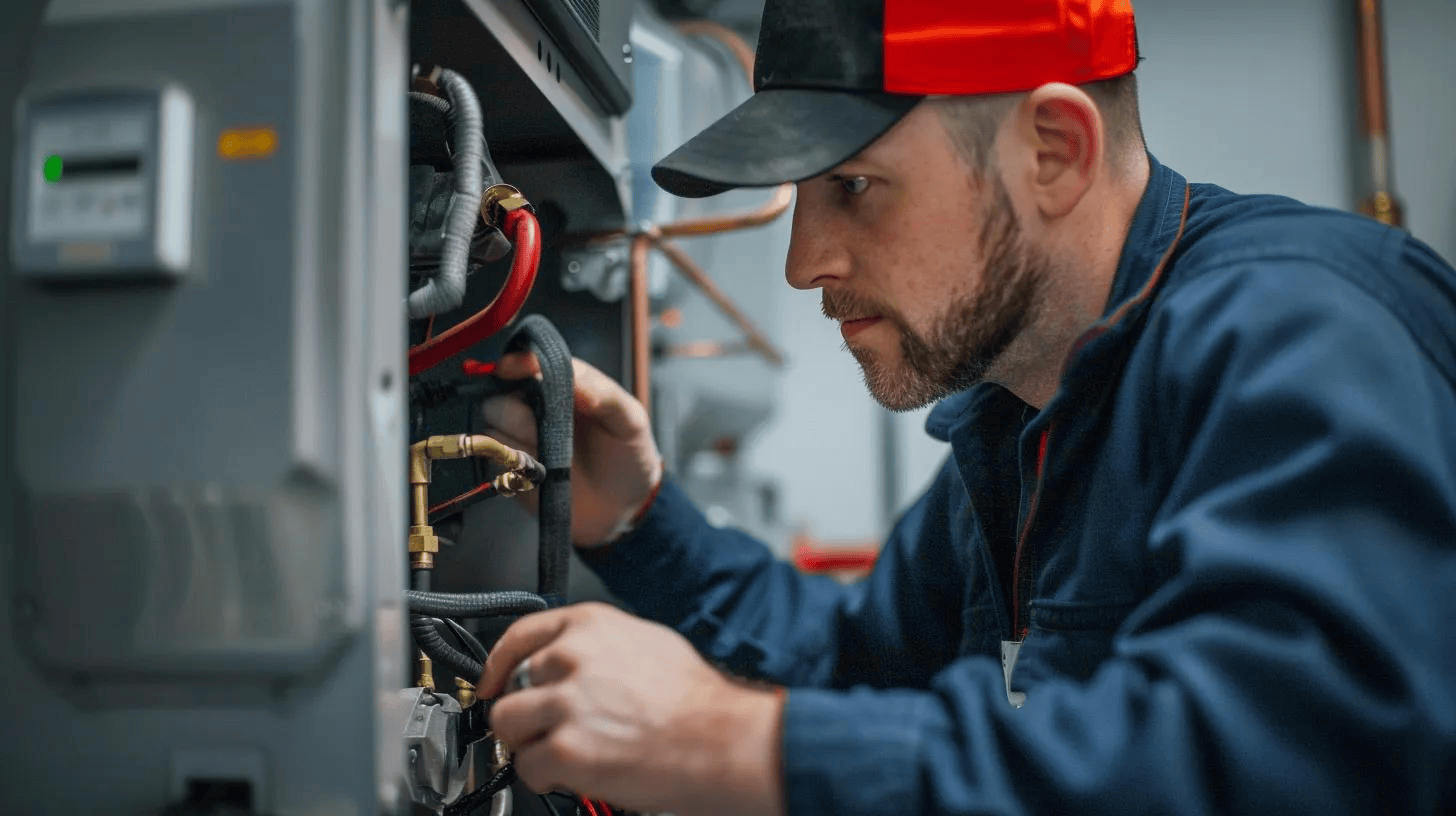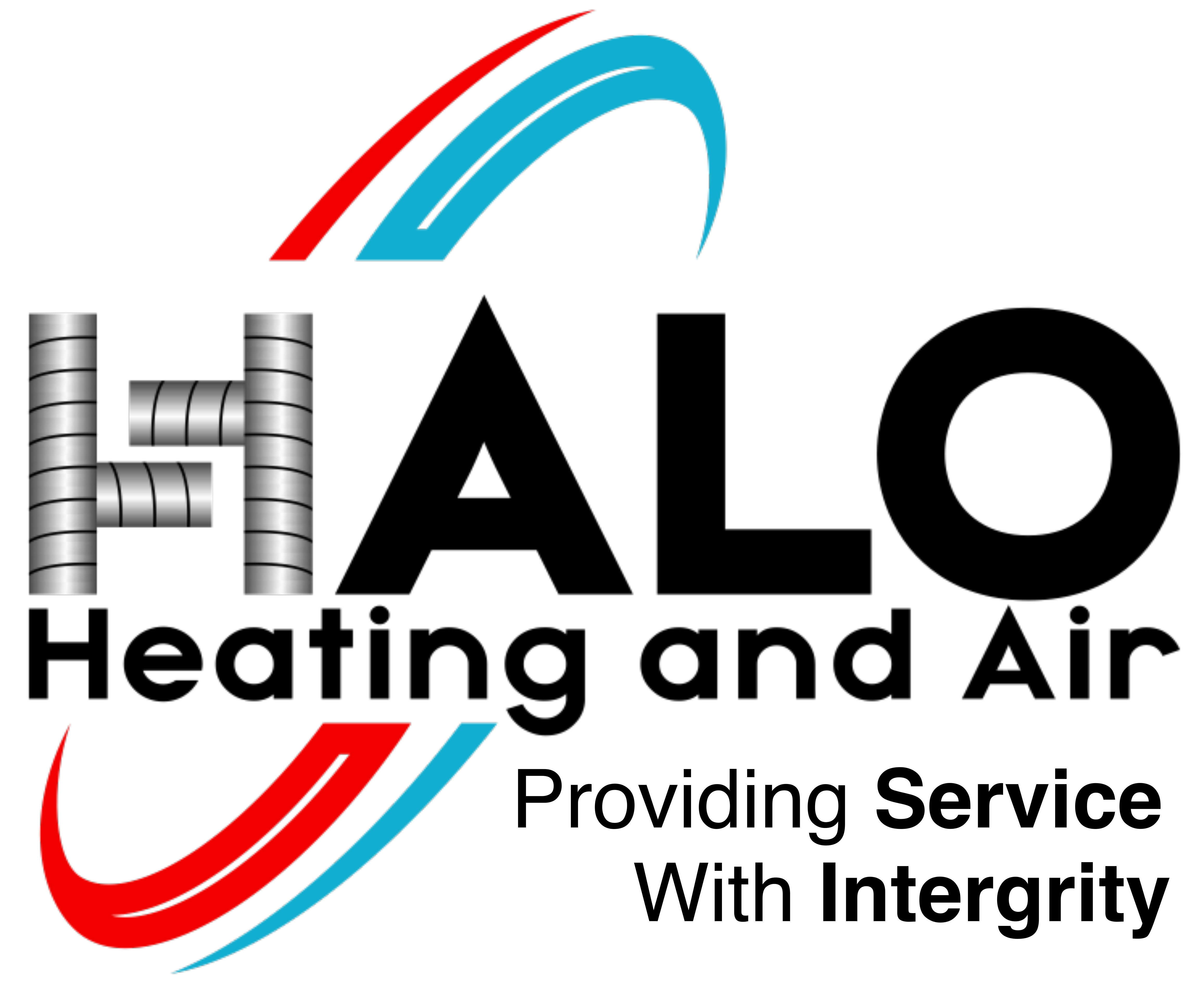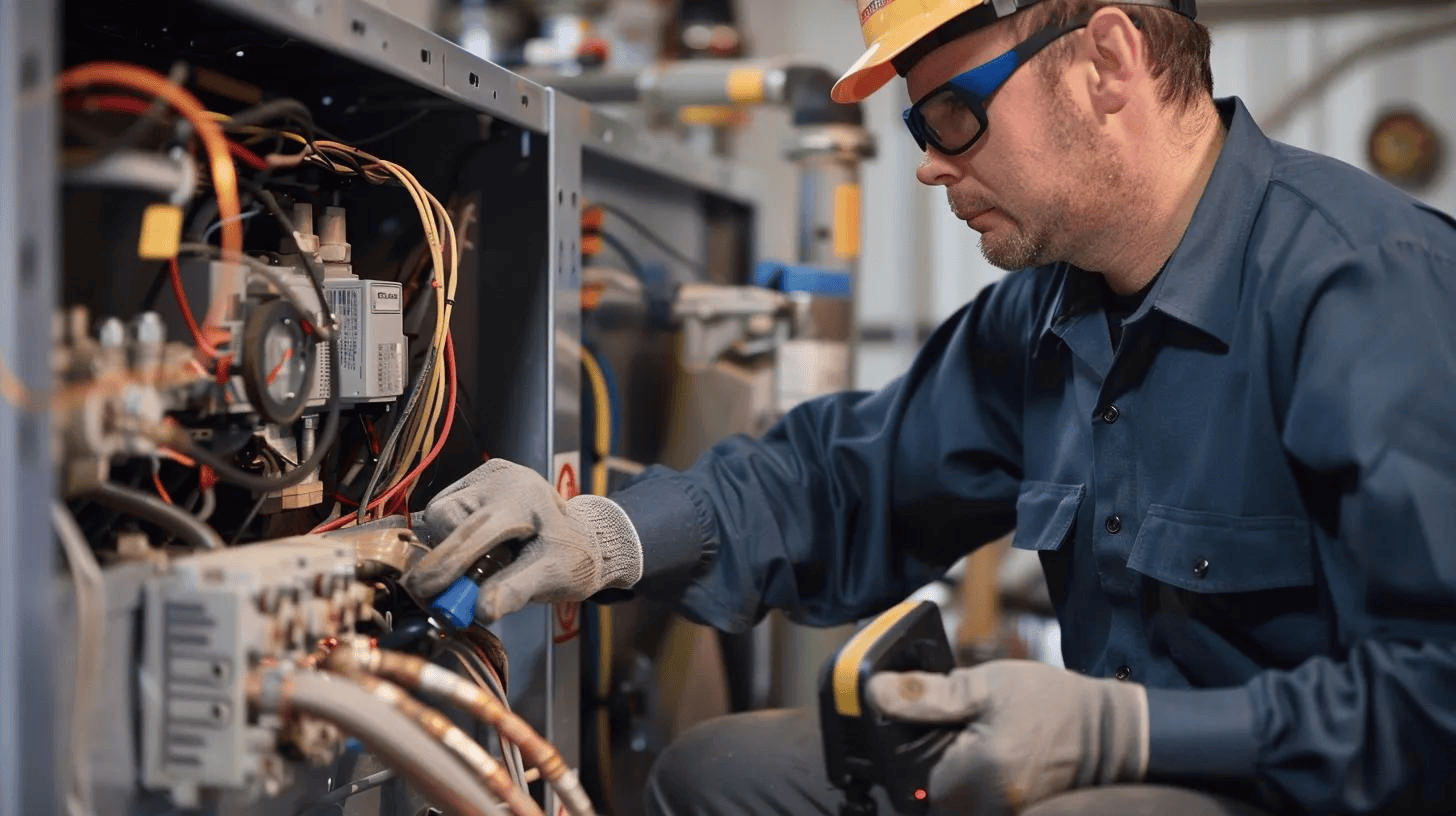HVAC Emergency Safety: A Homeowner's Guide to Staying Safe
HVAC emergencies can be unsettling, even frightening. While a system breakdown in the middle of a heatwave or cold snap is inconvenient, issues like natural gas leaks or electrical malfunctions pose immediate dangers to your home and family. Knowing what to do in these critical moments isn't just helpful – it can be lifesaving
Understanding HVAC Emergencies Beyond a Breakdown
Most homeowners think of an HVAC emergency as simply their system failing to heat or cool. While uncomfortable, these are typically not immediate safety hazards unless linked to specific issues like a failing heat exchanger or electrical fault. True emergencies demanding urgent action often involve:
- Natural Gas Leaks: A potential fire and explosion risk, and can lead to symptoms similar to carbon monoxide exposure due to oxygen displacement.
- Serious Electrical Malfunctions: Can cause fires, electric shock, or damage to your home's electrical system.
Natural Gas Leaks and Your HVAC System
Many furnaces, boilers, and some other HVAC components use natural gas. While reliable, a leak is a serious hazard.
How to Identify a Gas Leak:
Natural gas is naturally odorless, but utility companies add a chemical called mercaptan to give it a distinct, unpleasant smell, often described as "rotten eggs."
Other signs may include:
- Hissing or blowing sound near a gas appliance or pipe.
- Visual cues outside, such as dirt or water blowing into the air, bubbles in standing water, or patches of dead or discolored vegetation near gas lines.
- Physical symptoms if exposed: headache, dizziness, nausea, fatigue, confusion, difficulty breathing, or loss of consciousness. These symptoms resemble carbon monoxide poisoning because gas leaks reduce oxygen levels.
Immediate Safety Steps During a Suspected Gas Leak:
Time is critical. Follow these steps immediately and calmly:
- EVACUATE IMMEDIATELY: Get everyone out of the house, including pets, as quickly as possible. Do not delay to gather belongings.
- DO NOT cause a spark: While inside the house, do NOT:
- Turn any lights or appliances on or off.
- Use a phone (even a cell phone) inside.
- Open or close windows forcefully if it means delaying evacuation.
- Operate a garage door opener.
- Light matches or use lighters.
- Do anything that could create friction or a static charge.
- Leave doors and windows open as you exit if it is safe and quick to do so, but do not linger. This can help ventilate the space.
- Move a safe distance away: Once outside, go to a safe location away from the building.
- CALL FOR HELP: From a safe distance (using a neighbor's phone or your cell phone outside), call 911 immediately. Then, call your local natural gas utility emergency number. Have this number saved or posted in advance.
- DO NOT re-enter: Do not go back inside the building for any reason until a qualified professional (like the fire department or utility technician) says it is safe.
Prevention and Preparedness:
- Regular Maintenance: Schedule annual professional maintenance for your gas furnace or heating system. Technicians check for leaks and ensure safe operation.
- Install Detectors: Install natural gas detectors and carbon monoxide detectors. Carbon monoxide is a byproduct of incomplete combustion and is deadly; a gas leak is the unburned gas itself. Install both for comprehensive safety.
- Know Your Shut-off: Know the location of your home's main natural gas shut-off valve and how to turn it off (use a wrench if necessary, turning the valve perpendicular to the pipe). Only turn off the gas yourself if you can do so safely and easily before evacuating; otherwise, leave it for professionals. If you turn it off, the utility company must turn it back on and relight pilot lights.
- Call Before You Dig: Always call 811 a few days before any digging project in your yard to avoid hitting underground utility lines.
Electrical Malfunctions and Your HVAC System
Electrical problems in HVAC systems can range from minor annoyances to significant fire hazards.
How to Identify Electrical Hazards:
Signs of an electrical problem often involve sensory cues:
- Burning Smell: A distinct odor like melting plastic or rubber near the HVAC unit, the electrical panel, or vents.
- Visual Cues: Sparks, flashes, or smoke coming from the unit, thermostat, or electrical panel.
- Tripping Breaker: Your HVAC system's circuit breaker frequently trips. While sometimes due to overload, it can also signal a more serious electrical fault.
- Unusual Sounds: Buzzing, humming, or crackling sounds coming from the unit or electrical panel that are not typical operational noises.
- Hot Components: Parts of the unit or the electrical panel feel hot to the touch.
Immediate Safety Steps During an Electrical Malfunction:
Act quickly to prevent fire or shock:
- TURN OFF the System: Turn off your HVAC system immediately at the thermostat.
- TURN OFF Power at the Source (IF SAFE): If you can safely access your electrical panel and identify the breaker for your HVAC system without risk of shock or fire, turn it OFF. DO NOT attempt this if there are visible flames, sparks, or water present, or if you are unsure which breaker controls the unit. Your safety is paramount.
- DO NOT Touch: Avoid touching the HVAC unit, electrical panel, or any associated wiring if you suspect an electrical fault. There is a risk of electric shock or electrocution.
- Fire Safety: If the electrical issue has caused a fire, DO NOT use water to try and extinguish it. Water conducts electricity. If you have a Class C fire extinguisher (designed for electrical fires) and feel it is safe to do so, you can attempt to put out a small fire. Otherwise, your priority is evacuation.
- EVACUATE and CALL 911 (If Fire/Immediate Danger): If you see flames, significant smoke, or feel there is immediate danger, evacuate everyone from the house immediately and call 911 from a safe location.
- CALL a Professional: If there is no fire or immediate danger, but you've identified signs of a serious electrical issue (burning smell, sparks, recurring tripped breaker), call a qualified electrician or an HVAC technician experienced in electrical repairs.
Prevention and Preparedness:
- Professional Inspections: Include electrical checks as part of your regular HVAC maintenance. An experienced technician can spot frayed wiring, failing components, or overloaded circuits.
- Proper Circuitry: Ensure your HVAC system is on a dedicated circuit with appropriate overcurrent protection as per electrical codes.
- Clear the Panel: Keep the area around your electrical panel clear and accessible.
- Label Breakers: Label the circuit breakers in your electrical panel, especially the one for your HVAC system, so you can quickly identify and turn it off if needed.
General HVAC Emergency Preparedness for Homeowners
Being prepared means having a plan and knowing who to call before an emergency strikes.
- Create an Emergency Plan: Develop a family emergency plan that includes evacuation routes and a designated meeting spot outside your home. Practice it regularly.
- Emergency Contact List: Keep a readily accessible list of emergency contacts:
- 911 (for fire, immediate danger, or suspected serious gas leaks)
- Your local natural gas utility's emergency line (find this number online or on a recent bill and save it).
- Your local power company's emergency line (find this number and save it).
- A trusted HVAC company's emergency line (Like HALO Heating and Air - we offer 24/7 emergency services in Northern Colorado).
- Basic Emergency Kit: Have a kit with essentials like flashlights, batteries, a first-aid kit, and a multi-tool.
- Prioritize Maintenance: Regular maintenance can prevent up to 85% of HVAC repairs and emergencies ). It's far less expensive than emergency repairs and ensures your system is operating safely.
Conclusion
Recognizing the signs of an HVAC-related gas leak or electrical malfunction and knowing the immediate safety protocols are essential skills for any homeowner. Prioritizing evacuation, avoiding actions that could cause ignition or shock, and quickly contacting the appropriate emergency services are your most critical steps.
At HALO Heating and Air, serving Fort Collins and Northern Colorado, we are committed to your indoor comfort and safety. While this guide provides crucial steps to take during an emergency, preventing them through regular, professional maintenance is the best approach. Let us be your trusted partner in keeping your HVAC system running safely and efficiently, reducing the likelihood of these frightening events.
Customer Testimonials
See what homeowners across Windsor and Northern Colorado are saying about our reliable service, expert workmanship, and commitment to getting the job done right.
Latest Blogs





.svg)






